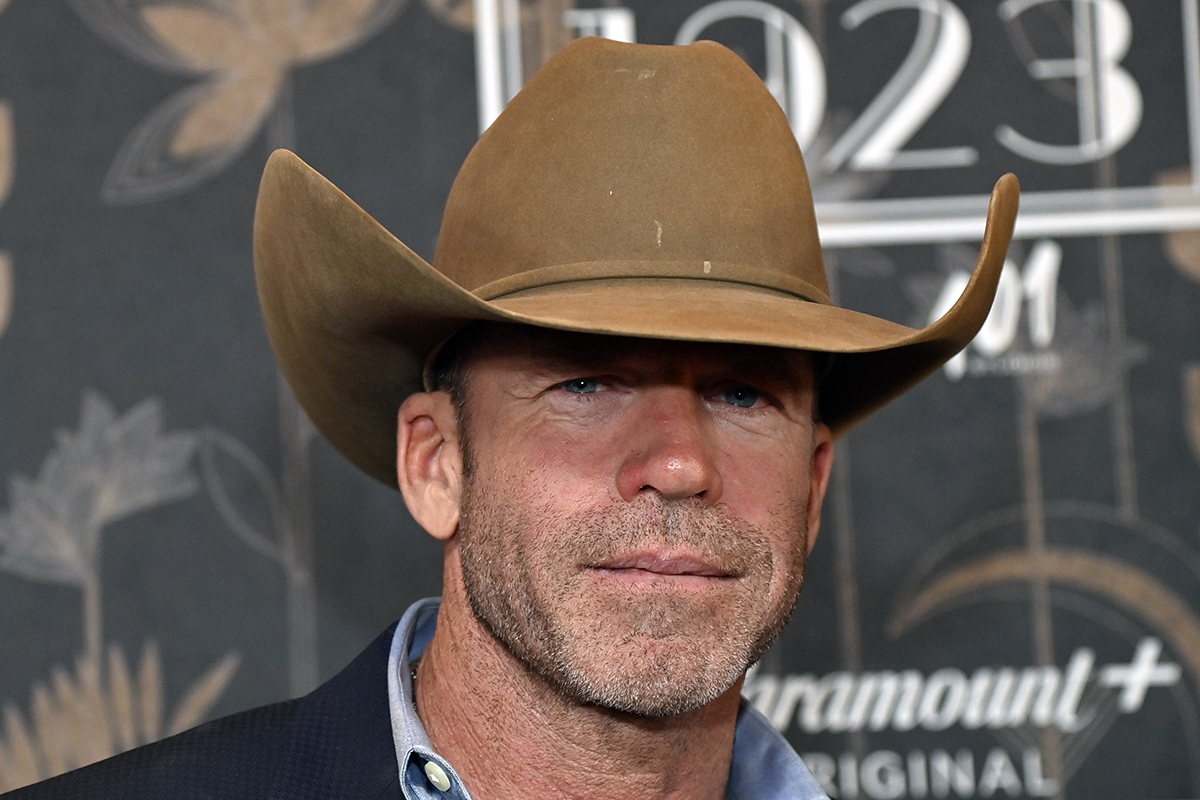The Creator of ‘Yellowstone’ Is Taking Credit for Tribal Legislation

No, Taylor Sheridan. You’re not the white savior of Indigenous communities. Sheridan, who is the creator and showrunner of a number of shows on Paramount did a lengthy profile with The Hollywood Reporter recently. As a fan of Sheridan’s, some of his comments were frustrating to see. His work frequently shines a light on the injustices facing Indigenous communities in the United States but those stories are often side plots or background set dressing in projects centering on white (typically male) characters. So for Sheridan to think that he has the right to take credit for work that Indigenous communities did themselves is extremely off-base.
“[Wind River] actually changed a law, where you can now be prosecuted if you’re a U.S. citizen for committing rape on an Indian reservation, and there’s now a database for missing murdered Indigenous women,” he said while discussing his feelings on the lack of awards given to his work. “So keep your fucking award. Who’s going to remember I won an award in 10 years? But that law had a profound impact. All social change begins with the artist, and that’s the responsibility you have.”
This is false. Advocates for women and Indigenous communities have been fighting for decades for the things Sheridan is taking credit for. Wind River came out in 2017, long after these fights started and years before that database or the protections he mentioned were enacted. Films can make a huge impact in terms of awareness but to say his film “changed a law” undermines years and years of hard work on the part of Indigenous communities and especially Indigenous women.
Taylor Sheridan isn’t a savior
The Violence Against Women Act has been on the books since 1994 but did not include protection for Indigenous women. Last year, after the act’s reauthorization expanded its protections to include Indigenous women, Muscogee Nation citizen and tribal law expert Sarah Deer told NPR’s Oklahoma station KOSU that this fight has been decades in the making. “The 2022 authorization restores tribal criminal jurisdiction over non-Indians for a series of crimes that Native people and tribal nations have been asking for since 1978,” Deer said.
As I said, I’m a fan of his work but Sheridan does have a god complex, something we can see throughout the piece from The Hollywood Reporter but maybe never so strongly as with this line of thought. He thought his movie changed a law—his movie that featured Jeremy Renner and Elizabeth Olsen as the two white stars at the center of its story, by the way.
I’ve praised Sheridan in the past for tricking his audience into more left-wing ideals through his work, masquerading Kevin Costner as their main character in Yellowstone but then spotlighting Indigenous stories in the process. This quote, though, shows that Sheridan has a warped view of what his work is doing for the Indigenous communities he thinks he’s representing.
(featured image: David Becker/Getty Images for Paramount+)
Have a tip we should know? tips@themarysue.com